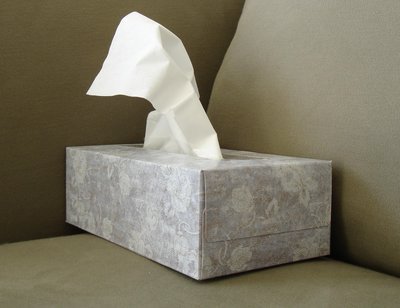Although spring is better known as the season for allergies, three-quarters of people who are allergic to plants in the spring are also allergic to ragweed - which is the leading cause of fall allergies.
Ragweed pollen can travel for hundreds of miles. So even if you are in an area where the plant does not grow, you can still be susceptible to its pollen. Most ragweed pollen is released in September and October, however it can be released as early as August.
Mold is another common cause of allergies in the fall. Dust causes allergies to kick in for a lot of people, and it is year-round. When you first turn on your heat in the fall, a lot of dust can get stirred up in your heating vents. This will cause sneezing, wheezing and a runny nose.
Clean out your heating vents before turning it on for the first time. This will prevent dust and mold from being released in your home. You can also use an air filter or a humidifier, which will help filter out the dust and other allergens.
Dealing with allergies can be a struggle. There are plenty of medications you can take to help with your symptoms, but you should also try to be aware of what causes your allergic reactions.
Mornings are usually the worst time of the day for pollen, so keep windows and doors closed. The weather channel also has a four-day pollen forecast so you can keep track of when to stay indoors.
There are a lot of options when it comes to medication. While most medications are safe, it is still best to consult your doctor before determining which one is best for you. Nasal sprays, antihistamines, decongestants, eye drops and over-the-counter allergy medications will do the trick for most people suffering from allergies.
[Source: WebMD]










